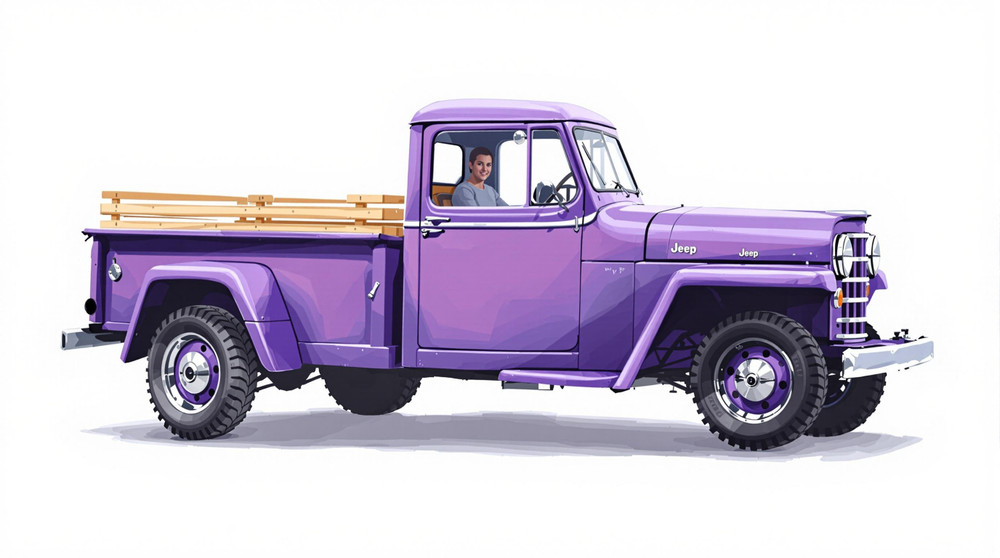Image of 1951 Jeep Willys, Note: These illustrations use artistic license and may differ from actual historical models.
Performance Metrics
Fundamental Metrics
Emotional Appeal
MMP Rating
| Engine Specifications | |
|---|---|
| Engine: | L134 Go Devil I4 |
| Displacement: | 134 cu in (2.2 L) |
| Horsepower: | 60 hp at 4000 rpm |
| Torque: | 105 lb-ft at 2000 rpm |
| Compression Ratio: | 6.48:1 |
| Ignition System: | Battery and coil |
| Cooling System: | Liquid-cooled |
| Performance Specifications | |
| 0-60 Time: | Not available due to the vehicle's age and purpose |
| 1/4 Mile Time: | Not available due to the vehicle's age and purpose |
| Top Speed: | 65 mph |
| Transmission and Drive | |
| Drive Type: | 4WD |
| Transmission Type: | T-90 3-speed manual |
| Fuel and Efficiency | |
| Fuel System Type: | Carter YF 1-barrel carburetor |
| MPG: | 17 mpg |
| Dimensions and Brakes | |
| Brakes: | Hydraulic drum brakes |
| Wheelbase: | 80 inches |
| Weight: | 2,337 lbs |
Note: Specifications for classic cars are given to the best of our ability, considering the limited and variant data available.
The Unyielding Legacy of the 1951 Jeep Willys
When the dust settled after World War II, a hero emerged in the automotive world, the 1951 Jeep Willys. This rugged and reliable vehicle, born from the urgency of war, transitioned seamlessly into civilian life, capturing the hearts of Americans with its simplicity and durability. The Willys-Overland Motors company, which had been instrumental in the war effort, found itself at the forefront of a new era of utility vehicles. The 1951 model was not just a car; it was a symbol of American ingenuity and freedom.
One might not expect a military workhorse to become a cultural icon, but the Jeep Willys did just that. It played a pivotal role in pioneering the concept of the sport utility vehicle (SUV), long before the term was coined.
Design and Innovation
The 1951 Jeep Willys boasted a no-frills aesthetic that was all about function over form. Its exterior styling was straightforward yet iconic, with a flat, vertical grille featuring round headlights that immediately identified it as a Jeep. The interior was spartan, with basic gauges and tough materials designed to withstand the elements. It was utilitarianism at its finest, a feature that endeared it to a post-war audience looking for reliability and versatility.
Technologically, the Jeep Willys was ahead of its time with its four-wheel-drive system, which provided exceptional off-road capability. Color options were typically limited to those that were practical and military-inspired, with olive drab being a popular choice among enthusiasts.
Body styles varied from the classic open-top design to variants with a full cab and doors, but the most iconic was undoubtedly the open design with its fold-down windshield – a direct nod to its military lineage.
Historical Significance
The 1951 Jeep Willys didn't just carve out a niche for itself; it practically created one. Its impact on automotive design was profound, laying the groundwork for generations of four-wheel-drive vehicles. It set itself apart with its go-anywhere capability and simple mechanicals, making it beloved by farmers, adventurers, and even city dwellers who craved a slice of the great outdoors.
Performance and Handling
With a top speed that was modest by today's standards and acceleration that prioritized torque over speed, the 1951 Jeep Willys was not about high performance but about getting you where you needed to go. Its handling on rough terrain was exemplary, absorbing bumps with aplomb and navigating tricky paths with ease. Driving a Jeep Willys was an exercise in raw motoring – feeling every turn of the wheel and hearing the roar of the simple yet effective engine.
Ownership Experience
The Jeep Willys was as versatile as they come – equally at home on the farm or at a vintage car show. Maintenance and reliability were among its strong suits, with many parts being interchangeable with military surplus and ease of repair that endeared it to DIY mechanics.
Fun Facts
The 1951 Jeep Willys has been owned by celebrities and featured in countless films, adding to its mystique. It held records for its off-road capabilities and has been both praised for its simplicity and criticized for its lack of comfort – but always respected for what it was designed to do.
Collector's Information
Today, the 1951 Jeep Willys is a prized possession for collectors. While production numbers were in the hundreds of thousands, finding one in pristine condition can be challenging. Values can range significantly based on condition, but well-restored examples can fetch upwards of $20,000 or more. As appreciation for authentic experiences grows, so does the value of this timeless classic.
Conclusion
The 1951 Jeep Willys is more than just a vehicle; it's a piece of American history that continues to inspire adventure and freedom. Its legacy is etched into the annals of automotive greatness, not through luxury or speed, but through an unwavering commitment to utility and capability. The Jeep Willys reminds us that sometimes, the simplest things can leave the most enduring impact.
1951 Jeep Willys Catalog of Parts
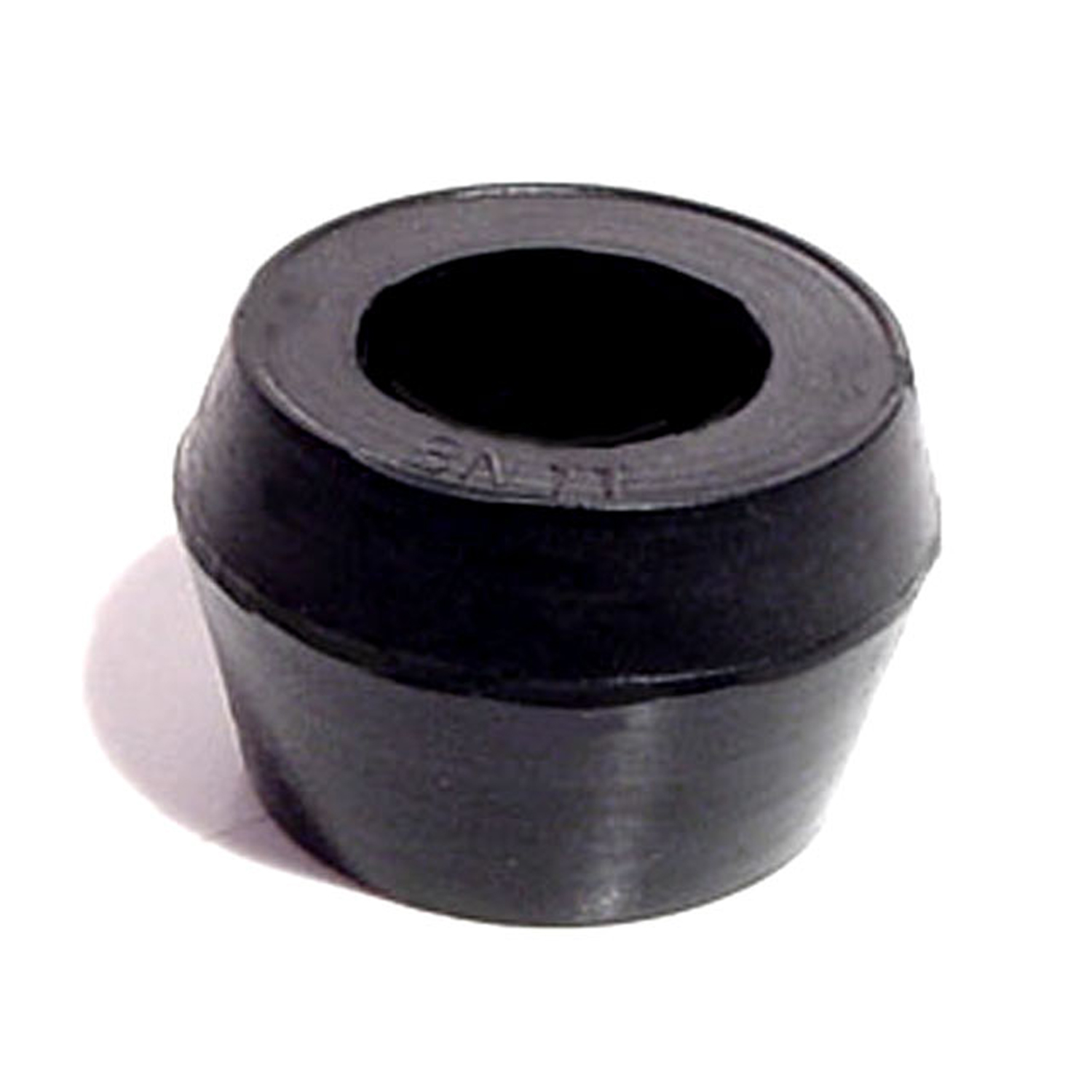 1951 Jeep Willys Shock Absorber Grommet. 1" bottom O.D-BN 11Shock Absorber Grommet. 1" bottom O.D., 3/4" high, with 5/8" I.D. Each
1951 Jeep Willys Shock Absorber Grommet. 1" bottom O.D-BN 11Shock Absorber Grommet. 1" bottom O.D., 3/4" high, with 5/8" I.D. Each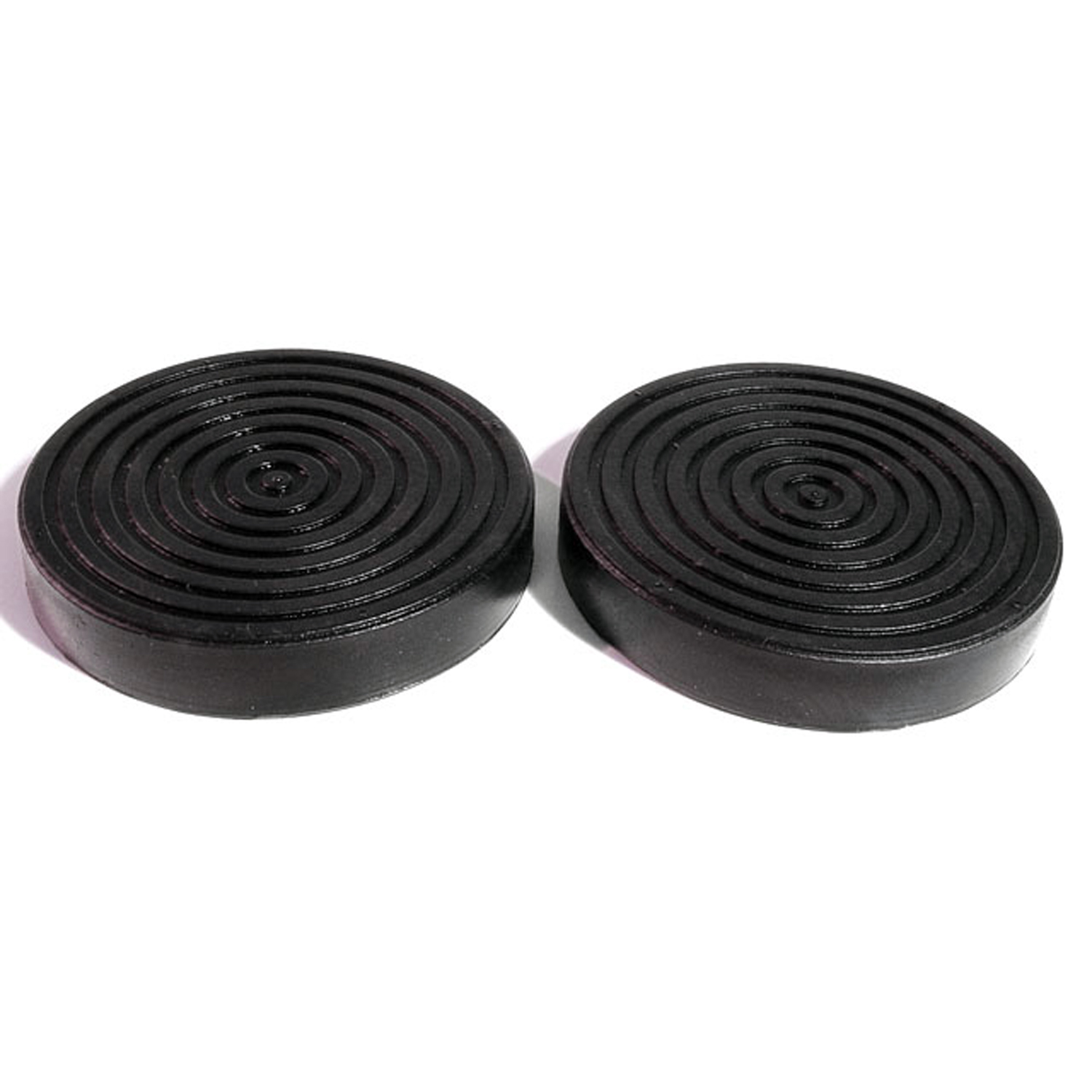 1951 Jeep Willys Clutch and Brake Pedal Pads. 3" Diameter. Pair-CB 61Clutch and Brake Pedal Pads. 3" Diameter. Pair
1951 Jeep Willys Clutch and Brake Pedal Pads. 3" Diameter. Pair-CB 61Clutch and Brake Pedal Pads. 3" Diameter. Pair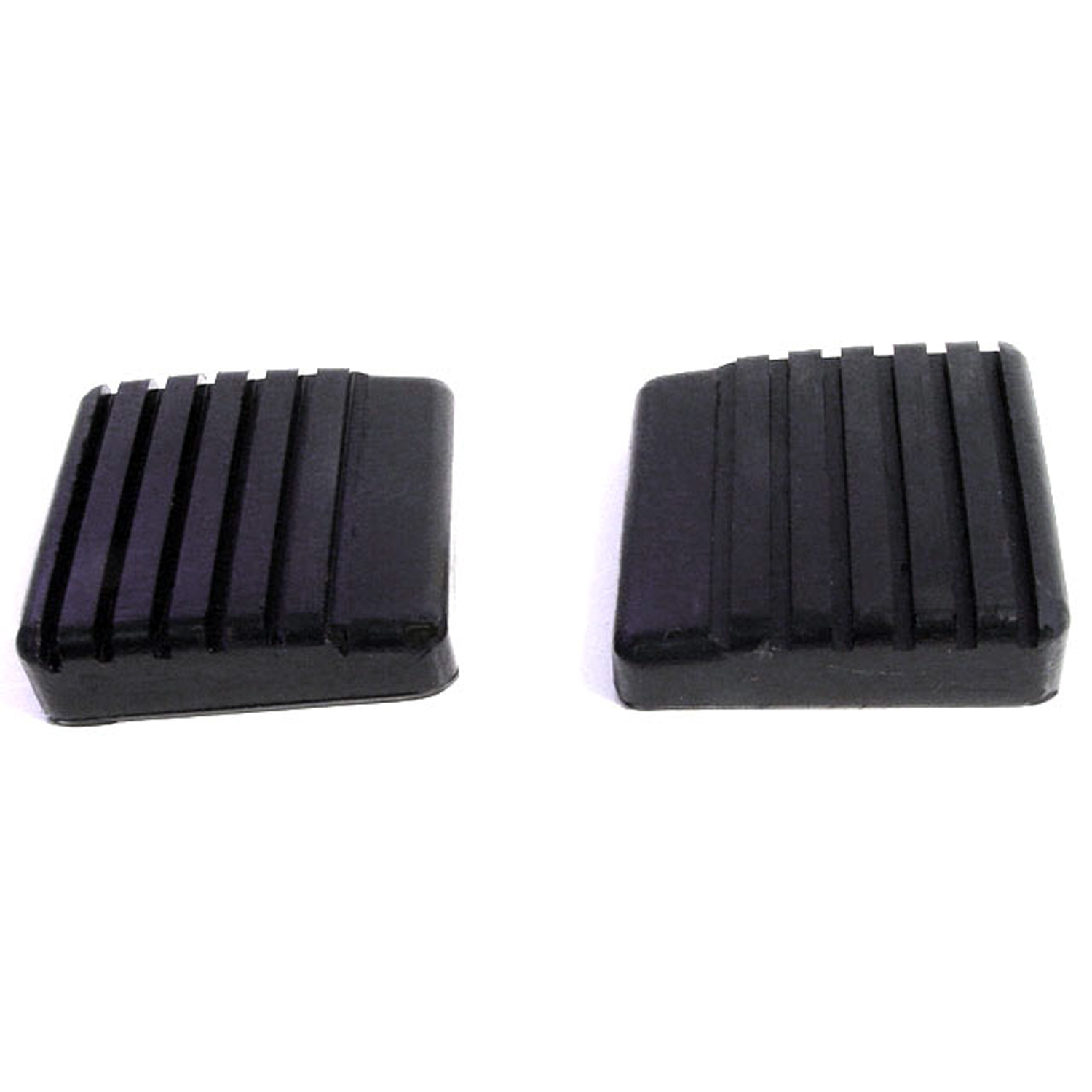 1951 Jeep Willys Clutch and Brake Pedal Pads. Pair-CB 61-BClutch and Brake Pedal Pads. Pair
1951 Jeep Willys Clutch and Brake Pedal Pads. Pair-CB 61-BClutch and Brake Pedal Pads. Pair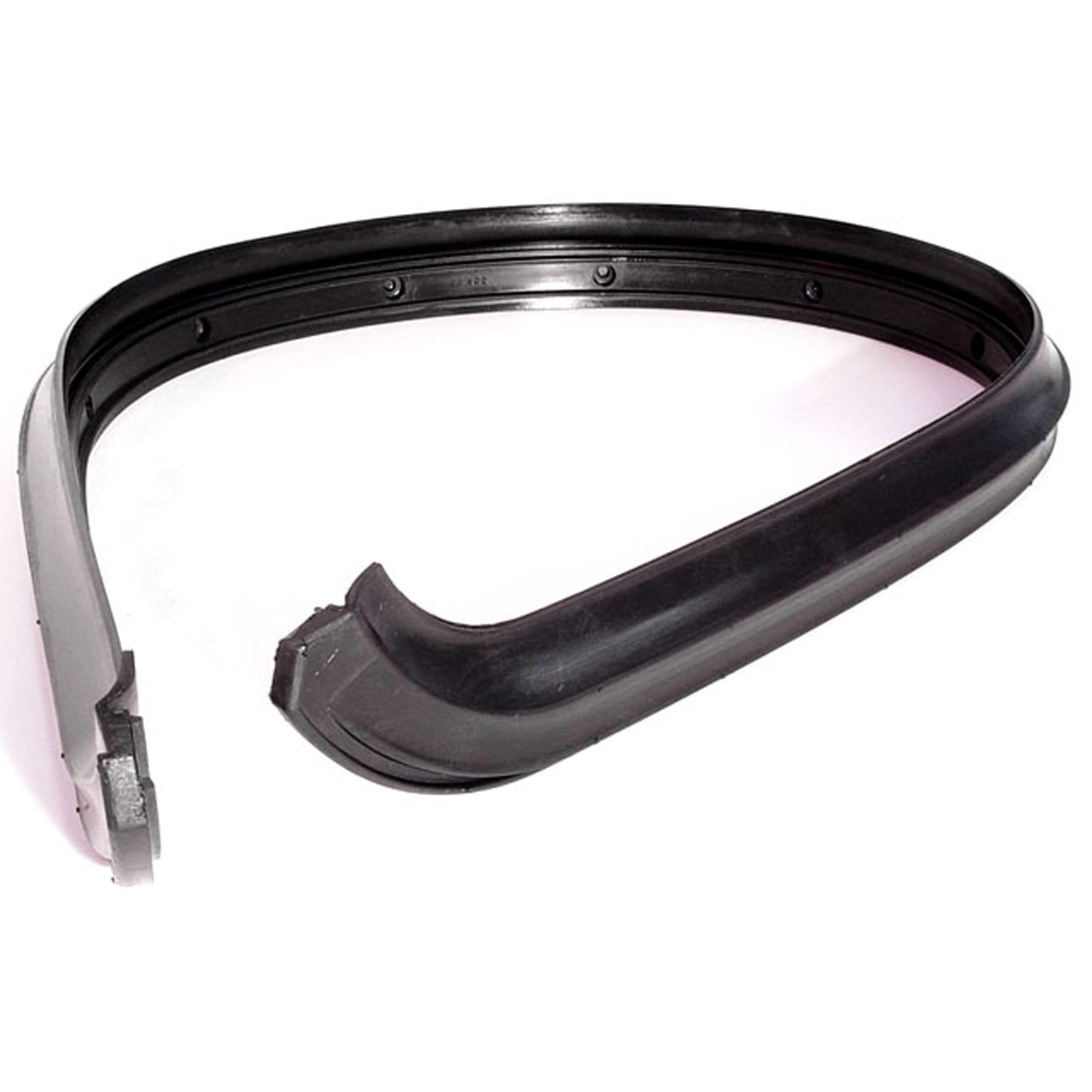 1951 Jeep Willys Windshield to Cowl Seal. 55-1/2" long. Each-CS 102Windshield to Cowl Seal. 55-1/2" long. Each
1951 Jeep Willys Windshield to Cowl Seal. 55-1/2" long. Each-CS 102Windshield to Cowl Seal. 55-1/2" long. Each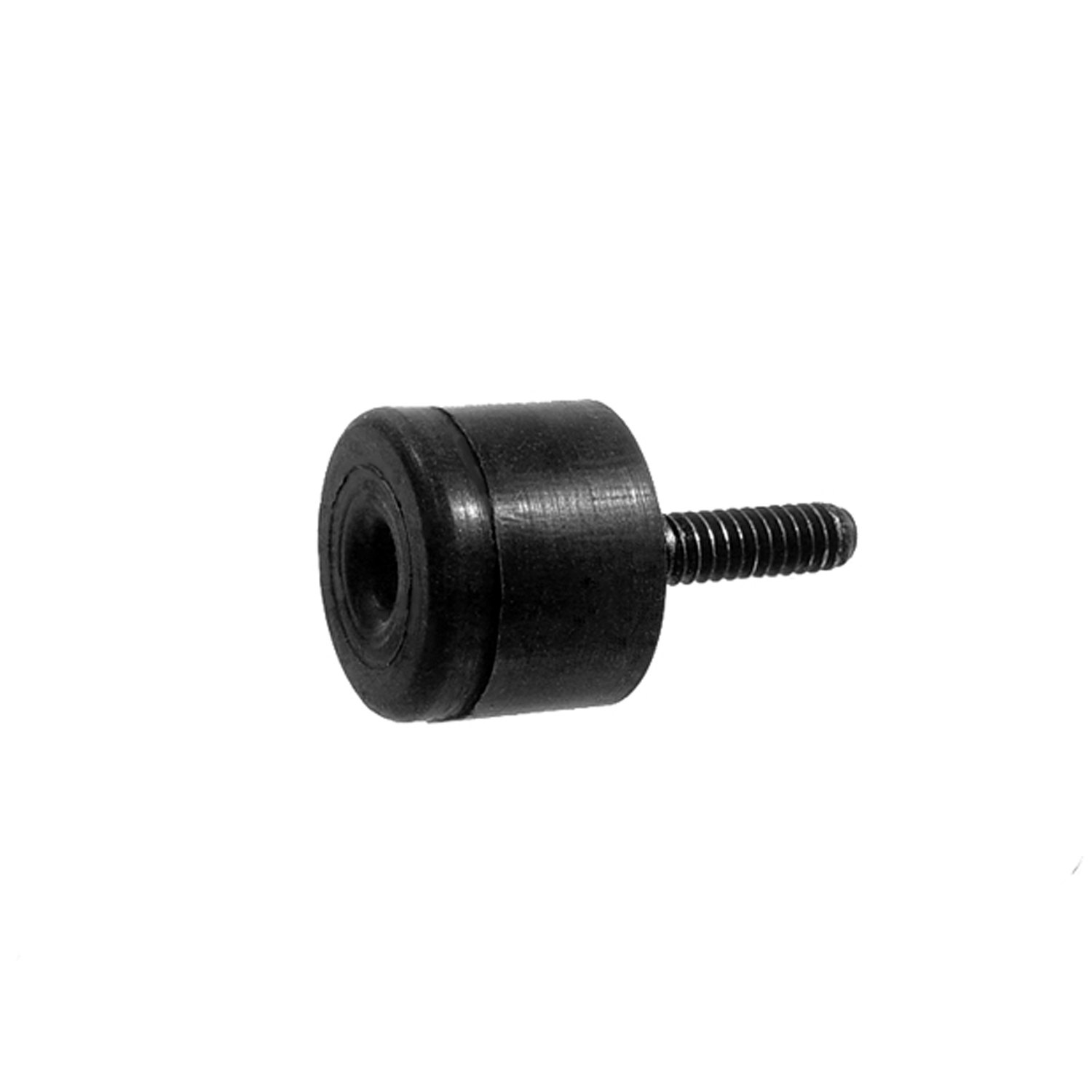 1951 Jeep Willys Accelerator Pedal Pad Link connecting Socket. 3/4" O.D-RP 43-AAccelerator Pedal Pad Link connecting Socket. 3/4" O.D., 1/4" I.D., 3/4" long screw. Each
1951 Jeep Willys Accelerator Pedal Pad Link connecting Socket. 3/4" O.D-RP 43-AAccelerator Pedal Pad Link connecting Socket. 3/4" O.D., 1/4" I.D., 3/4" long screw. EachWhy Choose Metro?
For over 100 years, Metro Moulded Parts has been the pinnacle of quality in classic car restoration parts. Our commitment to precision and authenticity in every component ensures a perfect fit and an OEM-level appearance.
- Expert Craftsmanship & Quality: Each part is a testament to our dedication to reliability and perfection, crafted from original designs and thoroughly tested.
- Advanced Technology: We use cutting-edge techniques to create flawless, long-lasting parts that surpass others in performance.
- SuperSoft Sponge – The Ultimate Door Seal: Not only are our door seals 30% softer than competitors', but they're also guaranteed to never leak. They effectively reduce wind and road noise, enhancing your classic car's comfort and driving experience.
- Proudly American: Our parts are a product of American craftsmanship, made in the USA with a spirit of excellence and heritage.
- Unrivaled Warranty: We back our products with a 30-year industry-leading warranty, a testament to our confidence in their quality.
Join us in preserving the legacy of classic cars with parts that are crafted for perfection, not just made.

